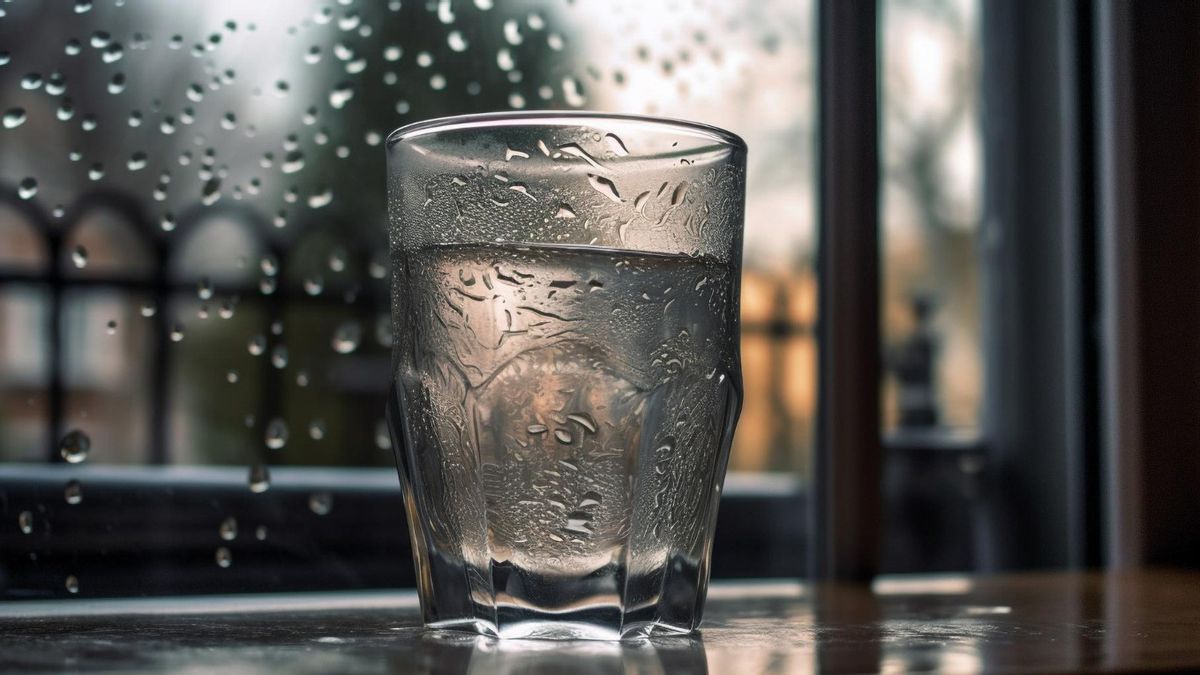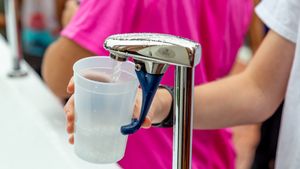YOGYAKARTA As much as 60 percent of water forms the human body. That means, water is an important component in the body. If you lose a lot of water, many biological processes cannot work. For example, for sweating and waste disposal. By drinking a lot of water every day, this helps replace water loss and keep the body healthy. Water for drinking, usually obtained from taps, wells, springs, rivers, or packaged water. However, is rainwater safe to drink?
There's nothing wrong with drinking rainwater, as long as it's clean. Launching Healthline, Wednesday, November 15, many people around the world depend on rainwater as the main source of their drinking water. Even so, not all rainwater is safe to drink. Some physical and environmental factors can quickly change fresh and clean rainwater has the potential to be harmful to health. Such as the content of parasites, harmful bacteria, viruses, and historically associated with disease outbreaks.
Rainwater that falls in highly polluted areas, or comes into contact with contaminants, such as animal and heavy metal droppings, is not suitable for human consumption. Therefore, rainwater is not recommended to be drunk unless 100 percent believe that the water is clean and safe for consumption.
Factors to note include geographical areas, air pollution levels, and tools used to collect rainwater, process, test, and store water. Why is processing important, because certain types of bacteria require chemical treatment before water is safe to drink. As for removing chemical contaminants, such as heavy metals, you must use a water filtering system. According to the CDC (Centers for Disease Control and Prevention), rainwater collected for drinking purposes, must be screened, disinfected, and tested regularly.
By being unable to carry out effective testing for the rainwater collected, it is recommended that you only use rainwater collected for other purposes, such as gardening, washing clothes, or bathing. Remember that certain places have legal restrictions regarding the collection of rainwater. Therefore, if you plan to implement a rainwater collection system, make sure the amount collected, as well as the collection method, is allowed in your area.
اقرأ أيضا:
In conclusion, water is indeed needed by the body to get enough hydration. But choose good drinking water and not change blood pH significantly. In addition, rainwater usually tends to be slightly acidic, with pH around 5.0'5.5. It may also be much more acidic if you collect it from an environment with a lot of air pollution.
The English, Chinese, Japanese, Arabic, and French versions are automatically generated by the AI. So there may still be inaccuracies in translating, please always see Indonesian as our main language. (system supported by DigitalSiber.id)


















